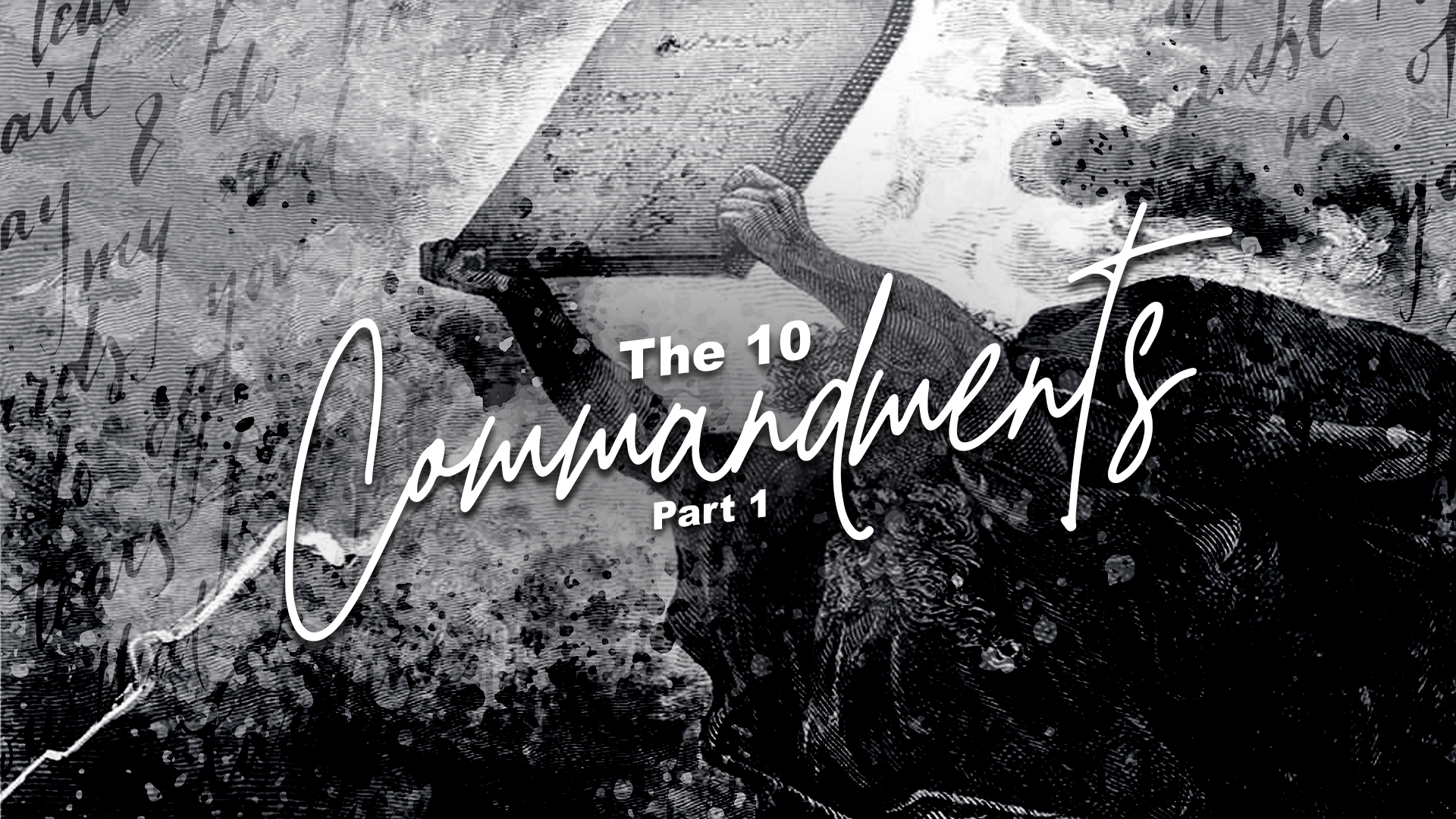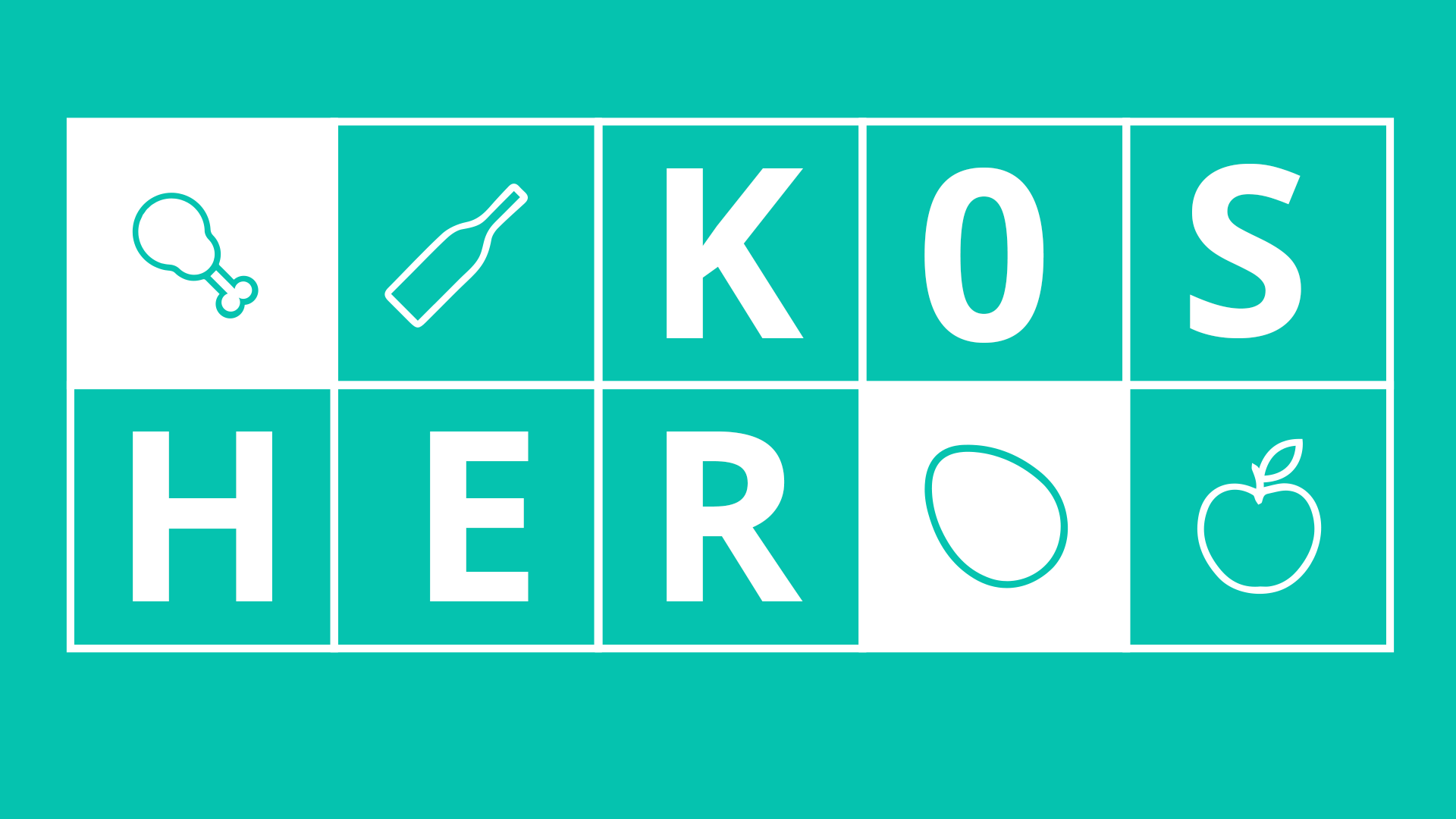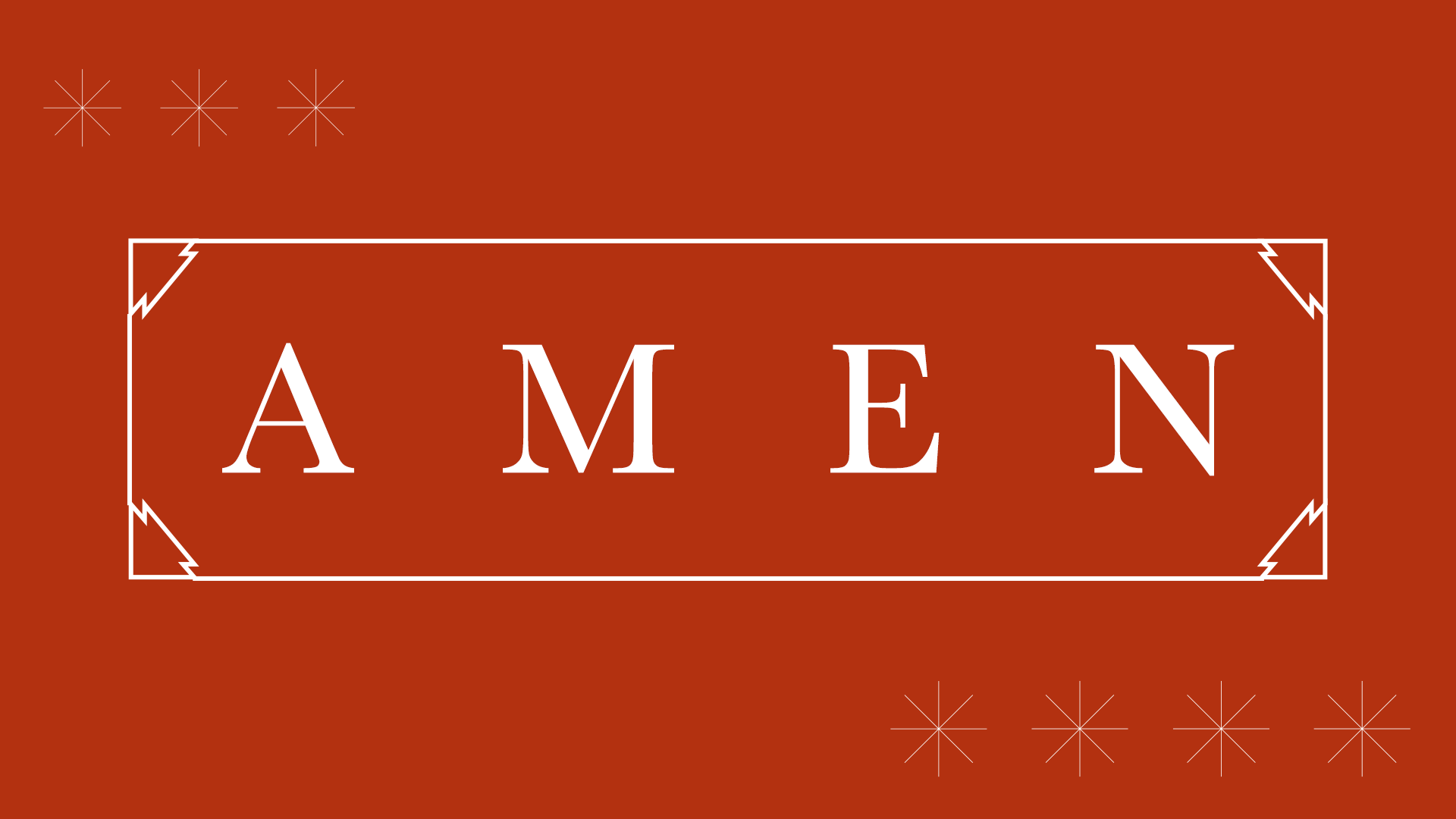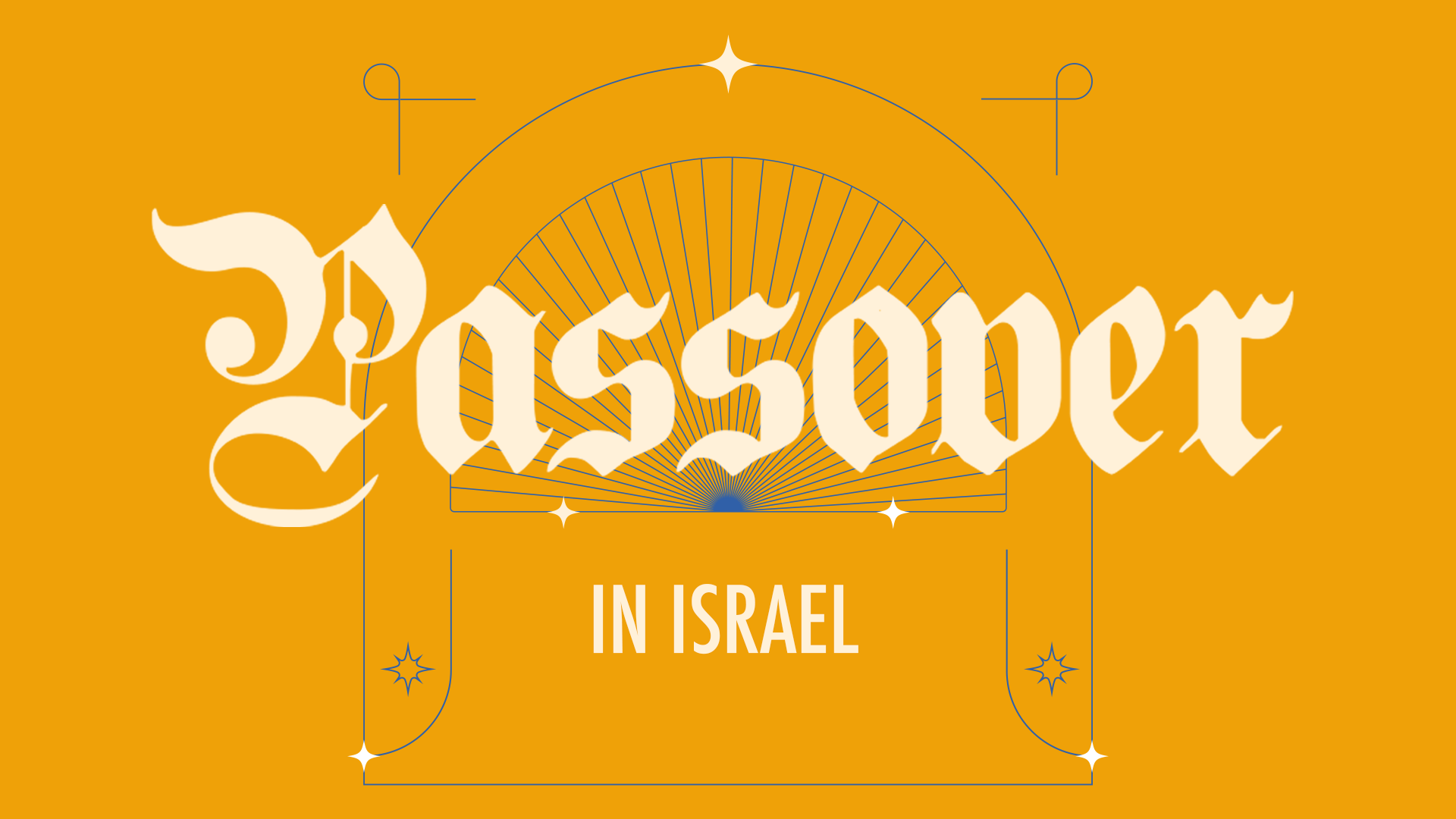What Christians Can Learn from the Jewish Ten Commandments


The Ten Commandments are foundational to the Jewish faith and should also be foundational to Followers of Yeshua (Christians). As God gave them to Moses on Mount Sinai after the Exodus, Jacob’s “family” officially became the “nation” of Israel. Compare these details with Yeshua’s answer to the scribe who asked Him to define the “greatest” commandment. The Lord never referenced the “Decalogue,” (the 10 Commandments). Doesn’t that seem odd? Hang on, maybe He did…
The Talmud tells a tale of a person who wanted to convert to Judaism. First, he came to the great teacher Shamai and asked if Shamai could teach him the entire Torah while he stood on one foot. Shamai became indignant and shooed the man away. He then came to the other great sage of the Generation, Hillel, and posed the same question. Hillel hopped up one foot and said, “Love God with all of your heart, soul, and strength, and love your neighbor as yourself. The rest is simply commentary. Now go and learn.”
In the Gospels, we see a similar question posed to Yeshua.
But the Pharisees, when they heard that Yeshua had silenced the Sadducees, gathered together in one place. And testing Him, one of them, a lawyer, asked, “Teacher, which is the greatest commandment in the Torah?” And He said to him, “‘You shall love Adonai your God with all your heart, and with all your soul, and with all your mind.’ This is the first and greatest commandment. And the second is like it, ‘You shall love your neighbor as yourself.’ The entire Torah and the Prophets hang on these two commandments.”
An astute reader may ask: “If these two commandments are the greatest, then why aren’t they listed in the Ten Commandments?”
A careful reading of the Decalogue will show that it can be understood in terms of these two “categories” Yeshua referenced. The Rabbis taught that the entire Torah could be divided into two forms of commandments: those between God and man and those between man and his neighbor. This is why the commandments were given on two tablets—one dealing with God and man and the other with man and his neighbor. We can understand all 613 commandments (Mitzvot in Hebrew) through this interpretive lens.
We could use a literary analogy to explain this binary focus. Two volumes comprise God’s Law: Love for God (vol. 1) and Love for Neighbor (vol. 2). Continuing this theme, The Ten Commandments serve as chapter headings of those two volumes into which the rest of the Torah and the Prophets fit. However, this arrangement is a bit too neat, as it could lead someone to presume they can do one without the other. The Apostle John pushes back against this temptation rather pointedly, “If anyone says, “I love God,” and hates his brother, he is a liar. For the one who does not love his brother, whom he has seen, cannot love God, whom he has not seen” (1 John 4:20).
Yeshua’s statement, “Do not think that I came to abolish the Torah or the Prophets! I did not come to abolish, but to fulfill” (Matthew 5:17), is often misunderstood. Many believe that the ‘fulfillment’ Yeshua refers to are the parts of the Torah that we cannot fulfill. However, biblical scholar N.T. Wright challenges this, arguing that a significant part of Yeshua’s earthly ministry was to embody the true fulfillment of the Torah and to call Israel to truly be the “Israel of God.” Immediately after this statement in Matthew 5, Yeshua reframes the Ten Commandments, starting with those that deal with a person as his neighbor and then bridging to those between man and God.
Yeshua gave several discourses in which He recapped the Law. His teaching reoriented humanity to God (“vol. 1” in our literary analogy) in at least two ways. We see the first one in Matthew 6:1, “Beware of practicing your righteousness before others to be seen by them; otherwise you have no reward from your Father in heaven.” Essentially, we must not relate to God in a vain attempt to impress people. The second aspect appears later in the same chapter: “And why do you worry about clothing? Consider the lilies of the field, how they grow. They neither toil nor spin. Yet I tell you that not even Solomon in all his glory clothed himself like one of these. Now if in this way God clothes the grass—which is here today and thrown into the furnace tomorrow—will He not much more clothe you” (Matthew 6:28-30). On a fundamental (existential!) level, we relate to God as our source, the One from whom all that is necessary for life flows.
It is relatively easy to put on a conspicuous display of morality and then convince ourselves that we are “in the right” with God because those around us are impressed. Tragically, we’ve seen the poverty of this superficial way of life too many times in our religious leaders’ public scandals. Similarly, thinking of God as a distant and unapproachable king is all too common. Unfortunately, so many of the “self-help” books on the shelves of our Christian bookstores show us how to work within that paradigm. In response to these flawed approaches to our heavenly Father, Yeshua encourages us to cast off both veils—faux holiness and distant reverence—and draw near to God with a sincere heart.
“No other gods before me.” (vol. 1)
It might be helpful for us to ask ourselves some questions as we reflect on this all-important matter…
- Whomever we seek to impress when we pray is our true God. Is it the person in the chair beside us or the God enthroned in heaven?
- Whoever we rely on as the source of our sustenance is our true God. Is it our employer or the Creator of heaven and earth?
As Yeshua refocused it for us, the Torah (and the Ten Commandments, specifically) calls for far more introspection, constantly examining our true motives in the moment. The faithful life is not a matter of going through the proverbial motions but living with deep intention, especially towards God. The beautiful tension of this truth is that this devotion and intentionality cannot be realized apart from our neighbors.
Who is your neighbor?
FREE WEEKLY TORAH PORTIONS:
"In this book, (Mysteries of the Messiah) Rabbi Jason Sobel helps readers (especially Christian readers) really grasp the Jewishness of Jesus. It is clear that the author has done much research of both the Old and New Testaments and helps readers see their continuity throughout the Bible. As a Christian, I tend to focus more on the New Testament, but this book has given me greater insight to how the Old Testament points to Jesus as the Messiah."
What is Fusion with Rabbi Jason?
It is in looking back at what God has done that we can see forward to His future plans for us. “For I know the plans I have for you,’ declares the Lord, plans to prosper you and not to harm you, plans to give you hope and a future” Jer 29:11.
At Fusion Global with Rabbi Jason Sobel, we want to add definition to your faith as we restore the lost connection to our ancient roots and rediscover our forgotten inheritance.







God has put a thought in me that I can’t understand.
Adam and Eve must have learned how to give from Jesus walking in the Garden. It looks like they passed it down but Cain wasn’t participating and Able was giving wholeheartedly. When did the offerings stop because it appears offerings were specifically spelled out in his writings. Is the offerings being taught by the Torah the offerings Jesus taught Adam and Eve in the garden?